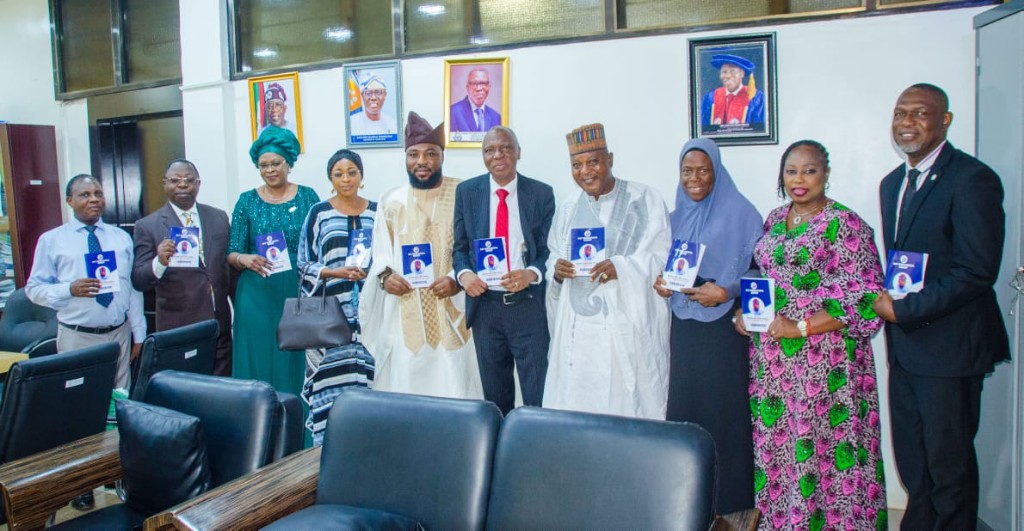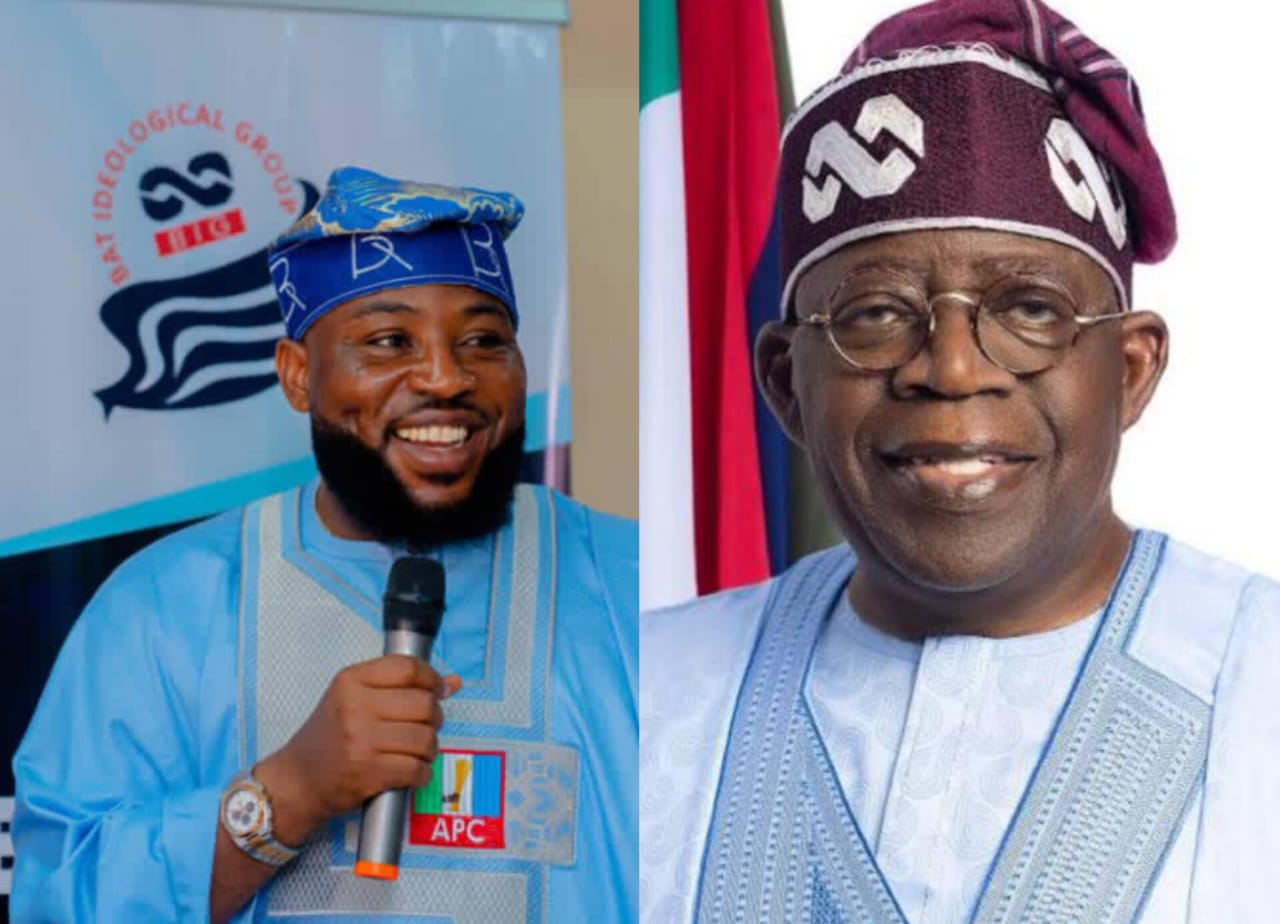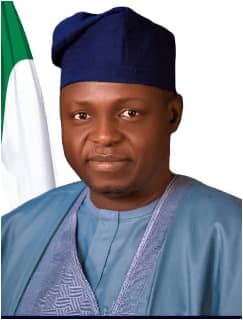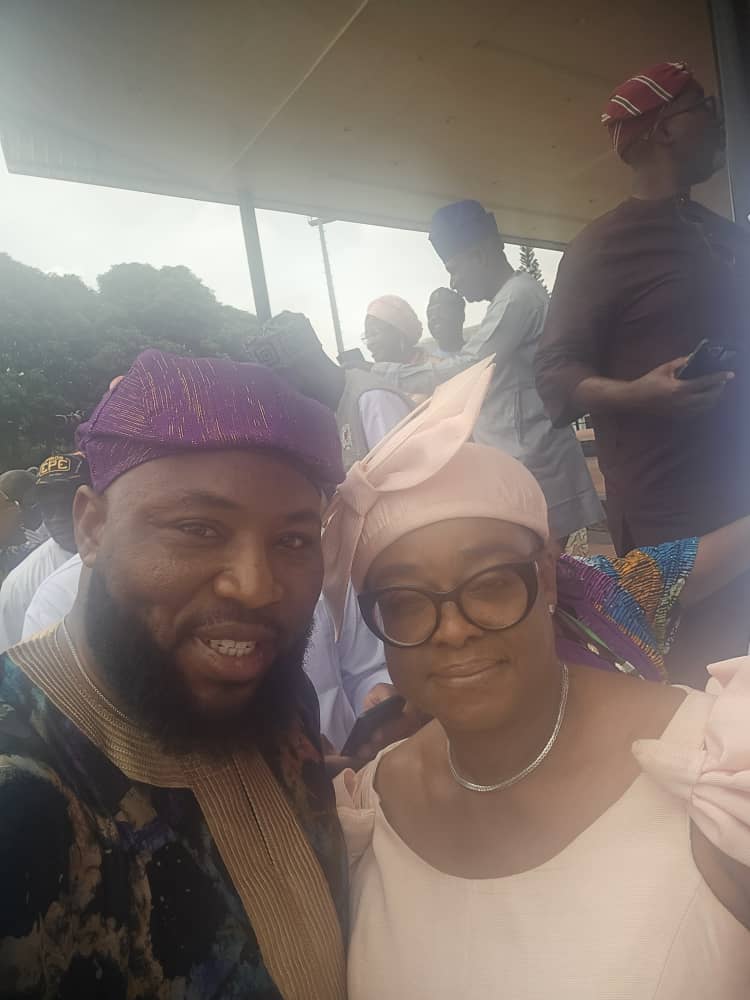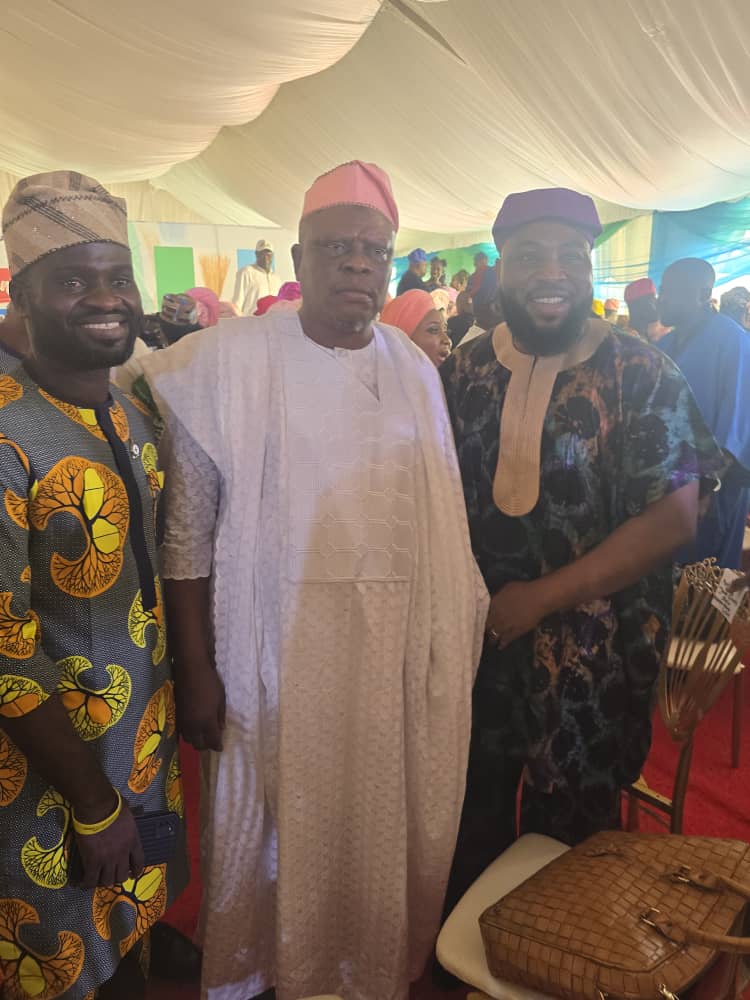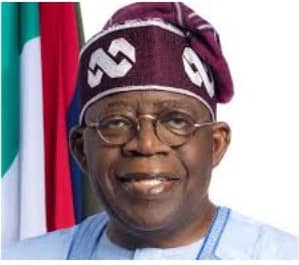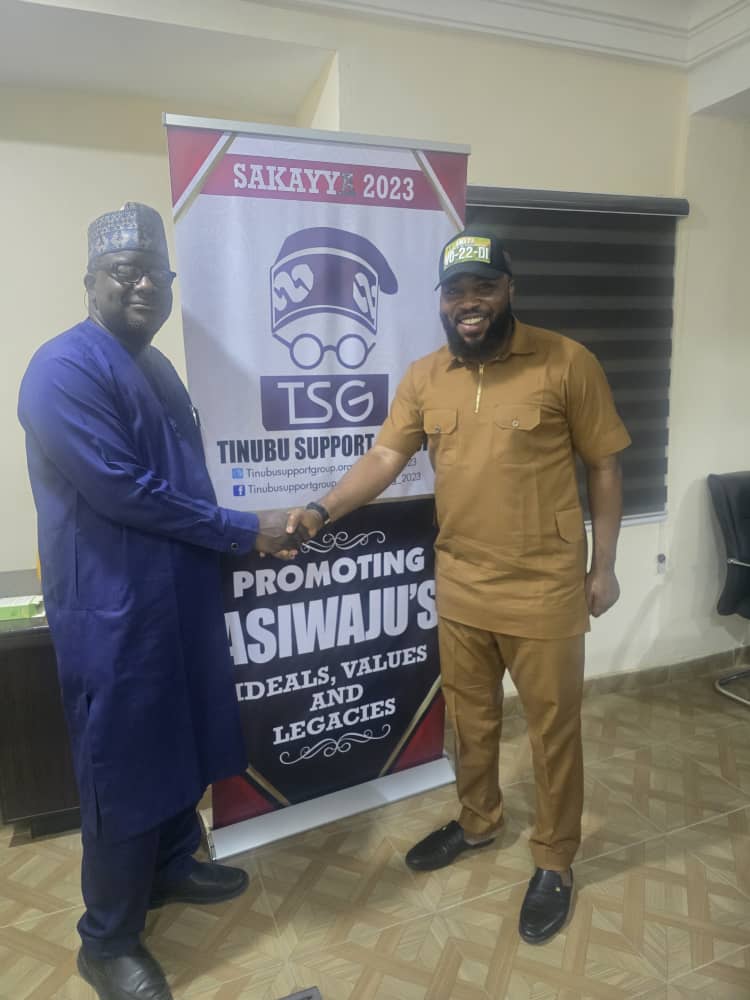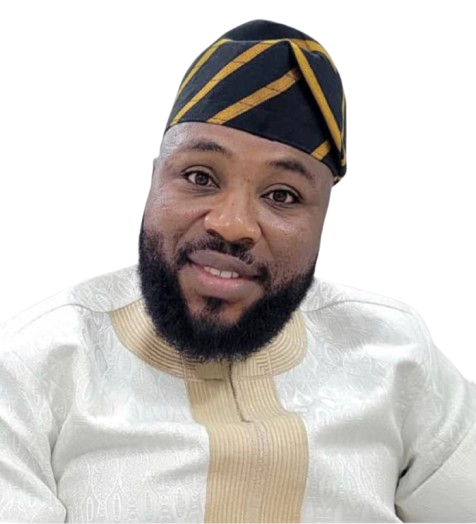
From Vision to Action: Celebrating Tinubu’s Two Years of Renewed Hope (By Comrade Bamidele Atoyebi)
Bamidele of the BAT Ideology Group eulogizes President Tinubu's two years in office while offering progressive suggestions to the administration.
Two years ago, President Bola Ahmed Tinubu stood at the threshold of history, sworn in under the glare of a nation brimming with expectation and fatigue. His words were clear: "Hope is back." With that simple promise, he set in motion a vision not just of governance, but of national renewal. Today, as Nigeria marks the second anniversary of his presidency, we pause to celebrate not just the man, but the movement: the Renewed Hope Agenda.
Against the backdrop of global economic uncertainty and local challenges that have tested the very soul of our union, President Tinubu’s government has stayed the course. This administration inherited an economy weighed down by fuel subsidies and rising debt, yet dared to make bold decisions that many before it tiptoed around. The removal of fuel subsidies, the unification of exchange rates, and the drive for fiscal discipline were not easy moves but they were necessary.
But reforms are not only about policy; they are about people. And this administration has shown, repeatedly, that it sees the Nigerian citizen.
The recent approval of a ₦77,000 national minimum wage is more than a statistic it’s a statement. It says the Nigerian worker deserves dignity. It says productivity should be met with prosperity. It reflects the president’s commitment to bridging the inequality gap and uplifting those who carry the weight of our economy on their backs.
Infrastructure the spine of any modern nation has not been left behind. The completion of the first phase of the ambitious 700-kilometre Lagos-Calabar Coastal Highway, officially delivered on Wednesday, May 28th, 2025, is a triumph not just of concrete and steel, but of vision and political will. For decades, this dream languished in dusty proposals. Today, commuters and entrepreneurs can envision faster connectivity, economic growth, and regional integration.
Even more symbolic is the growing representation of women in the halls of power. From ministerial appointments to strategic advisory positions, the Tinubu administration has positioned more women in governance than any before it. It is not mere tokenism it is an intentional move to unlock the full potential of Nigeria’s talent pool. In this administration, gender equity is not an afterthought; it is policy.
And then there’s education long seen as a broken pipeline where degrees often lead nowhere. In Nigeria, it's common to see a graduate of Agricultural Science working at the tax office, or a brilliant Political Science student donning a police uniform not out of passion, but out of economic desperation. This systemic misalignment has long fueled disguised unemployment and institutional inefficiency.
President Tinubu’s educational reform speaks directly to this crisis. As though responding to that very frustration, he recently announced a revolutionary overhaul: technical schools are now free, and every student enrolled will receive a ₦45,000 monthly stipend. Imagine going to school without paying a dime and being paid to learn. This isn't just a lofty promise; it's a bold restructure of how we think about education and employability.
With this reform, a graduate from a technical school won’t need to wait for a miracle job they’ll be job-ready. One technical school graduate, in effect, becomes a mini-enterprise, with the capacity to lift 10 others out of unemployment. The impact on GDP, workforce productivity, and national morale will be profound.
The long-term vision is even more striking. The president has hinted at a model where government will train only for relevance. If Nigeria needs 2,000 professionals in Agricultural Science, the government will train and fund exactly that number paying their tuition and stipends. Education, under this framework, becomes a strategic investment, not a conveyor belt to nowhere.
But as this national engine gathers momentum, there is an urgent need to bridge the information gap especially for the youth. Across various ministries, departments, and agencies (MDAs), countless empowerment schemes and initiatives tailored for young Nigerians are already in motion. Yet, far too many young people especially in rural communities remain unaware. They don’t know where to apply, how to apply, or what they stand to gain.
To truly democratize opportunity, President Tinubu should mandate every MDA involved in youth programs to launch a nationwide orientation campaign. Clear, simple guidance on application processes, timelines, eligibility, and benefits should be broadcast across multiple platforms TV, radio, social media, and community town halls. Better still, public accountability should be introduced: let beneficiaries of these schemes come forward on national platforms like NTA, Arise TV, or TVC to share their stories. Let the young woman from Bauchi who received a start-up grant speak. Let the tech trainee from Rivers State tell us how his life changed. These real-life testimonies will do more than any flyer they will inspire belief.
Such a move won't just expand access it will ignite a new wave of motivation and participation. It will show, in living colour, that the Renewed Hope Agenda is not abstract policy it is a living, breathing opportunity stream waiting to be tapped.
The transformative momentum continues. Just yesterday, May 28, 2025, the much-awaited harmonized tax reform bills were passed by both the Senate and the House of Representatives. This legislative milestone promises to simplify Nigeria’s tax environment, eliminate duplications, and boost compliance. It signals that the economic prosperity witnessed in President Tinubu’s first two years is only a foretaste of what lies ahead a “child’s play,” as some have called it, compared to the greater wave of growth poised to hit the economy.
Looking ahead, two strategic steps could further consolidate this path to greatness. First, the full implementation of the Supreme Court’s judgment on local government autonomy a move that would bring governance closer to the grassroots, unlock development at the community level, and reduce over-centralization. Second, the expansion of the educational reform to align university curricula with current and future economic realities. Courses relevant to national needs whether in agriculture, renewable energy, AI, or healthcare should be prioritized, with stipends and structured career pipelines. This is how we build a workforce not just for today, but for the Nigeria of 2050.
The President's governance style is guided by a quiet philosophy of positivism the belief that progress is not wishful thinking, but the result of deliberate, measurable actions. His ideologues have described this as a new way of leadership: pragmatic, forward-looking, and deeply rooted in the understanding that Nigeria’s greatness lies in its ability to take responsibility and rise to the occasion.
When asked about the challenges ahead, President Tinubu recently declared, “We are building a nation where no one is left behind. It will take time, but it will be done.” His words are not mere rhetoric; they are anchored in a body of work that reflects measurable gains and a focused sense of direction.
From student loans to creative sector investments, from agricultural innovation to tax reforms, the Tinubu administration is laying down the bricks for a new Nigeria one policy at a time.
There is still work to do. Nigerians are not under any illusions. But what’s different what feels truly new is that the machinery of government is once again in motion. There is a vision, a plan, and a man unafraid to carry the burden of both.
When we speak of the Renewed Hope Agenda, we’re not just referring to a campaign slogan. We’re talking about an unfolding national story of belief returning to broken systems, of possibilities replacing cynicism.
So today, we celebrate President Bola Ahmed Tinubu not just for the courage to govern, but for daring to dream in difficult times. For taking the hits that come with bold decisions. For placing Nigeria on a path of structured, strategic renewal.
And as the third year begins, may the light of renewed hope continue to shine not just from Aso Rock, but in every home, market, and school across the country.
By
Comrade Bamidele Atoyebi, a philanthropist, social commentator, and developmental activist of the BAT Ideological Group, wrote this from Abuja.

